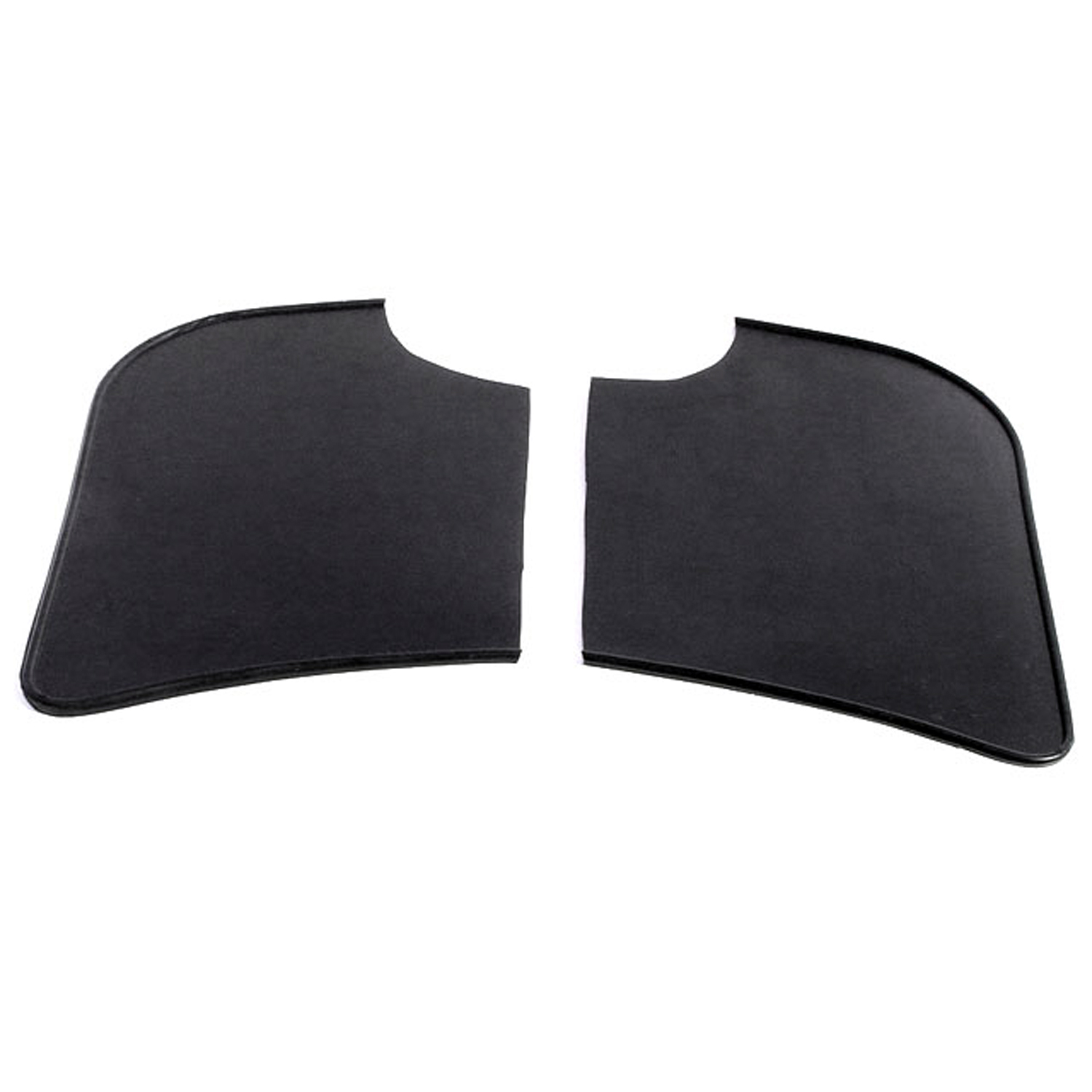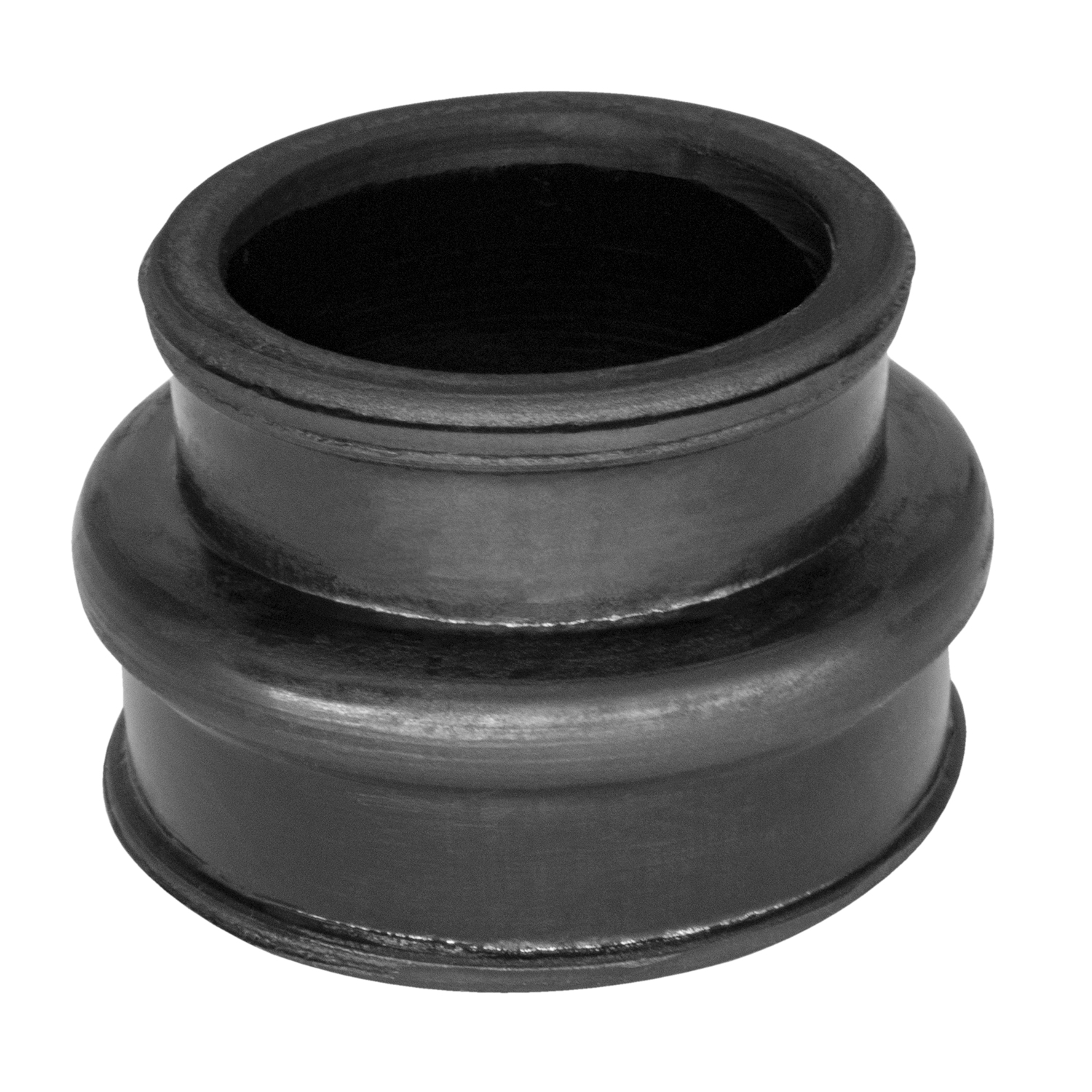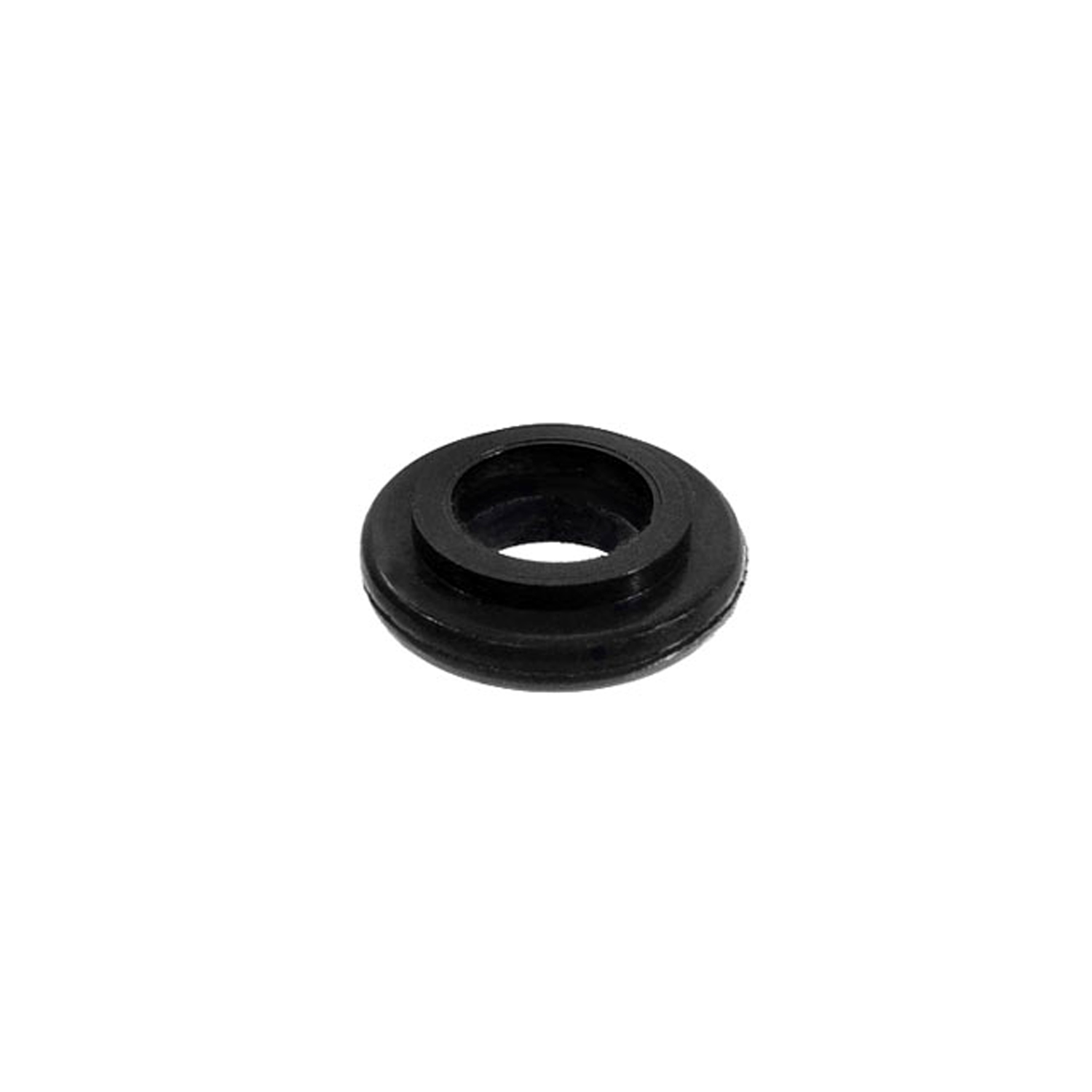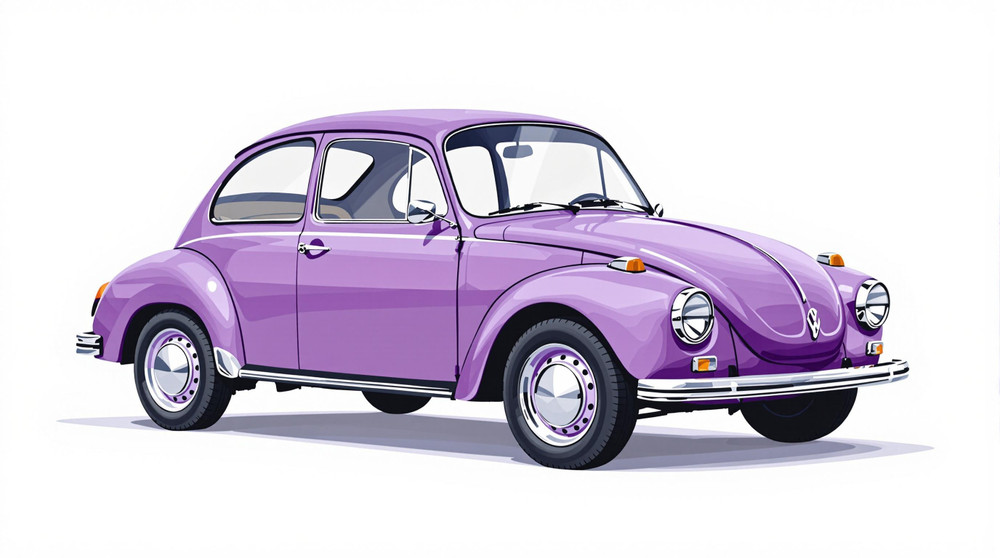Image of 1971 Volkswagen 411, Note: These illustrations use artistic license and may differ from actual historical models.
Performance Metrics
Fundamental Metrics
Emotional Appeal
MMP Rating
| Engine Specifications | |
|---|---|
| Engine: | Flat-4 engine |
| Displacement: | 1.7 L |
| Horsepower: | 80 hp |
| Torque: | 97 lb-ft |
| Compression Ratio: | 7.8:1 |
| Ignition System: | Distributor ignition system |
| Cooling System: | Air-cooled |
| Performance Specifications | |
| 0-60 Time: | 13 seconds |
| 1/4 Mile Time: | Not available |
| Top Speed: | 100 mph |
| Transmission and Drive | |
| Drive Type: | Rear-wheel drive |
| Transmission Type: | 4-speed manual or 3-speed automatic |
| Fuel and Efficiency | |
| Fuel System Type: | Fuel injection |
| MPG: | 25-30 mpg |
| Dimensions and Brakes | |
| Brakes: | Disc brakes front, drum brakes rear |
| Wheelbase: | 100.4 inches |
| Weight: | 2,646 lbs |
Note: Specifications for classic cars are given to the best of our ability, considering the limited and variant data available.
Unveiling the Underappreciated Gem: The 1971 Volkswagen 411
When the curtains were first pulled back to reveal the 1971 Volkswagen 411, it marked a bold step into new territories for the German automaker. Known for its iconic Beetle, Volkswagen ventured into the realm of larger family cars with the introduction of the Type 4 models, among which the 411 stood out. This vehicle emerged from a period of automotive experimentation and innovation, aiming to offer more space and comfort than its predecessors. A notable moment in its history was its role as Volkswagen's largest passenger vehicle at the time, showcasing the brand's ambition to diversify its lineup.
Design and Innovation: A Leap into Luxury
The exterior of the Volkswagen 411 was a departure from the familiar curves of the Beetle, featuring a more angular and contemporary design that mirrored the trends of the early '70s. The car's body was characterized by a longer wheelbase, wider track, and an overall more substantial presence on the road. Inside, passengers were greeted with a higher quality of materials than typically expected from Volkswagen during that era. The cabin boasted improved comfort features such as full carpeting, optional leatherette upholstery, and a generous amount of legroom. Technologically, the 411 was ahead of its time with fuel injection available in later models—a rarity among vehicles in its class. Color options ranged from vibrant to subdued, with hues like Brilliant Orange and Ontario Blue catching buyers' eyes. Among body styles, it was offered as a two-door or four-door sedan and as a station wagon variant known as the Variant. The Variant, with its practicality and distinctive European styling, often stole hearts as the most iconic body style.
Historical Significance: Paving New Paths for Volkswagen
The 1971 Volkswagen 411 may not have enjoyed the same commercial success as some of its siblings; however, it played a crucial role in paving the way for future VW models. It set itself apart with its front-engine, rear-wheel-drive layout—a significant shift from VW's traditional rear-engine design. This move would influence subsequent designs and help transition Volkswagen into producing more conventional family cars that could compete in an evolving market.
Performance and Handling: A Smooth Operator on Varied Terrains
Underneath the hood lay an air-cooled flat-four engine that delivered modest performance figures typical of family sedans at that time. The top speed hovered around 90 mph with acceleration from 0-60 mph achievable within a leisurely 15 seconds or so. Handling-wise, drivers could expect a smooth ride thanks to independent suspension all around. The driving experience was characterized by a sense of sturdiness and reliability rather than sportiness—the hum of the engine providing a comforting backdrop rather than an adrenaline-pumping roar.
Ownership Experience: From Family Trips to Collector's Garages
The Volkswagen 411 found its niche primarily as a dependable daily driver for families or individuals valuing space and comfort over speed. Maintenance was straightforward enough for DIY enthusiasts due to VW's commitment to parts commonality and simplicity in design. However, like many vehicles of its time, it faced issues such as susceptibility to rust which could complicate long-term ownership.
Fun Facts: The 411 on VW's Overlooked Classic
Despite not achieving blockbuster status, the VW 411 has its share of interesting trivia. For instance, it was one of the first Volkswagens to feature electrically heated rear windows as standard equipment. While not known for breaking records or celebrity ownerships en masse, it did carve out a place in automotive history books for its role in Volkswagen's evolution.
Collector's Information: Assessing Value and Rarity
Today, finding a well-preserved 1971 Volkswagen 411 can be quite a challenge; production numbers were relatively low compared to other VW models of that era. It is estimated that fewer than 100,000 units were produced during its entire production run from 1968 to 1972. As for value range, well-maintained examples can fetch anywhere from $5,000 to $20,000 depending on condition and originality—making it an accessible entry point for classic car enthusiasts looking to own a piece of Volkswagen history.
Conclusion: Celebrating an Overlooked Piece of Automotive History
The 1971 Volkswagen 411 stands as a testament to an era when automakers were willing to step outside their comfort zones and explore new possibilities. Although it may not have been as celebrated as some of its contemporaries during its heyday, today it is appreciated for what it represented—a bold attempt by Volkswagen to expand beyond their tried-and-true formulae and offer something fresh and different. For those who seek out these unique classics, owning a VW 411 is not just about having a car; it's about preserving an intriguing slice of automotive heritage.
1971 Volkswagen 411 Catalog of Parts
 1971 Volkswagen 411 Gravel Shields. Molded flat without metal backing plates-FS 40Gravel Shields. Molded flat without metal backing plates. Apply with contact cement. 7-5/8" long X 5-5/8" wide at top. Pair
1971 Volkswagen 411 Gravel Shields. Molded flat without metal backing plates-FS 40Gravel Shields. Molded flat without metal backing plates. Apply with contact cement. 7-5/8" long X 5-5/8" wide at top. Pair 1971 Volkswagen 411 Intake Manifold Boots. Made of rubber. 1-3/8" I.D., 2" O.D-RP 300-BIntake Manifold Boots. Made of rubber. 1-3/8" I.D., 2" O.D. X 1-1/2" high. Pair
1971 Volkswagen 411 Intake Manifold Boots. Made of rubber. 1-3/8" I.D., 2" O.D-RP 300-BIntake Manifold Boots. Made of rubber. 1-3/8" I.D., 2" O.D. X 1-1/2" high. Pair 1971 Volkswagen 411 Oil Cooler Seal. 7/16" I.D., 7/8" O.D. Each-RP 8-BOil Cooler Seal. 7/16" I.D., 7/8" O.D. Each
1971 Volkswagen 411 Oil Cooler Seal. 7/16" I.D., 7/8" O.D. Each-RP 8-BOil Cooler Seal. 7/16" I.D., 7/8" O.D. EachWhy Choose Metro?
For over 100 years, Metro Moulded Parts has been the pinnacle of quality in classic car restoration parts. Our commitment to precision and authenticity in every component ensures a perfect fit and an OEM-level appearance.
- Expert Craftsmanship & Quality: Each part is a testament to our dedication to reliability and perfection, crafted from original designs and thoroughly tested.
- Advanced Technology: We use cutting-edge techniques to create flawless, long-lasting parts that surpass others in performance.
- SuperSoft Sponge – The Ultimate Door Seal: Not only are our door seals 30% softer than competitors', but they're also guaranteed to never leak. They effectively reduce wind and road noise, enhancing your classic car's comfort and driving experience.
- Proudly American: Our parts are a product of American craftsmanship, made in the USA with a spirit of excellence and heritage.
- Unrivaled Warranty: We back our products with a 30-year industry-leading warranty, a testament to our confidence in their quality.
Join us in preserving the legacy of classic cars with parts that are crafted for perfection, not just made.

